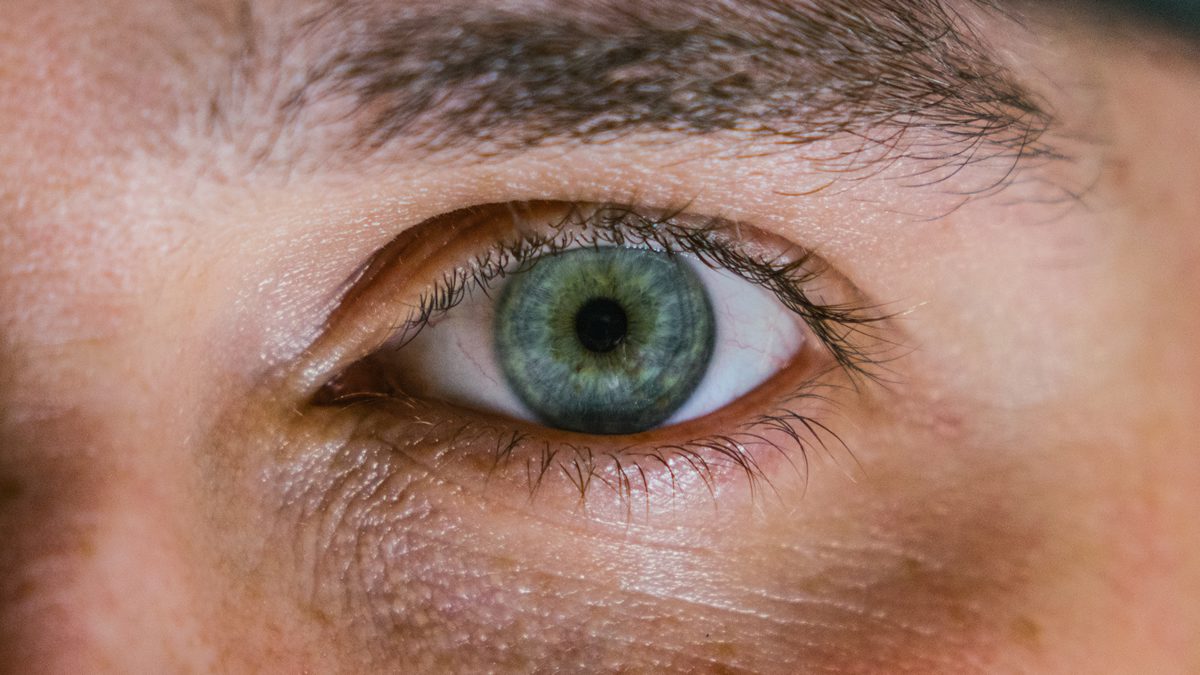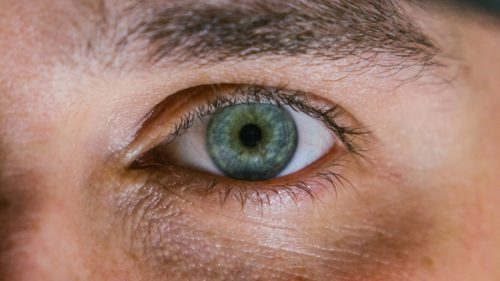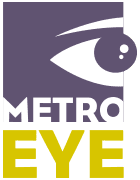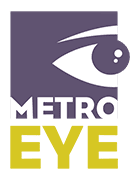

There is plenty of misinformation about your eye health. Many myths are so common they are sometimes treated as facts. Metro Eye looks at the most popular eye health myths to see how they stand up to reality.
You can wear your eyes out
Limiting the number of hours you use your eyes will not improve their health. So, feel free to keep using them. Your eyes don’t have an expiration date. They will last your whole life if they are healthy and can be treated.
Reading in the dark or dim light will damage your eyes
Our eyes are designed to work with as much light as possible. When it’s dark, your your pupils enlarge in order to collect the most light possible. Reading in dim light or in the dark makes your eyes work harder, causing eye strain. While this can be uncomfortable and may cause a headache, it does not cause any permanent damage to your eyes.
Eating carrots will improve your eyesight
We’ve all heard this one before but it’s actually based on some truths. Carrots are a great source of beta-carotene and vitamin A, which are important for our eyes. But before you start on an all-carrot diet, remember it’s more important to have a balanced diet that supports your overall eye health.
Wearing somebody else’s glasses may damage your eyes
If you’ve ever swapped glasses with someone, you know how strange your vision can be. Don’t worry however, there’s no real harm in wearing glasses that are not your prescription (although you might bump into things trying to walk around).
Contact lenses can get lost behind your eyes
Don’t worry about a contact lens getting lost behind your eyes. There is a membrane that covers the white of your eye called the conjunctiva which makes it impossible for your contacts to slip into the back of your eyes.
Reading up close will damage a child’s eyes
Sometimes children find it more comfortable to read close-up. How your child holds a book has no effect on eye health or the need for glasses. Young eyes have excellent focusing ability which makes it easy for them to read up close. However, if you suspect a problem, it’s always best to consult your family eye professional.
Sleeping in your contact lenses is fine
Your eyes need to breathe while wearing contact lenses, which is considerably more difficult when your eyes are closed. You risk infection if you sleep in contact lenses. Unless specifically told by your optometrist that it’s OK to sleep in your contact lenses, you should always take them out before bedtime.

